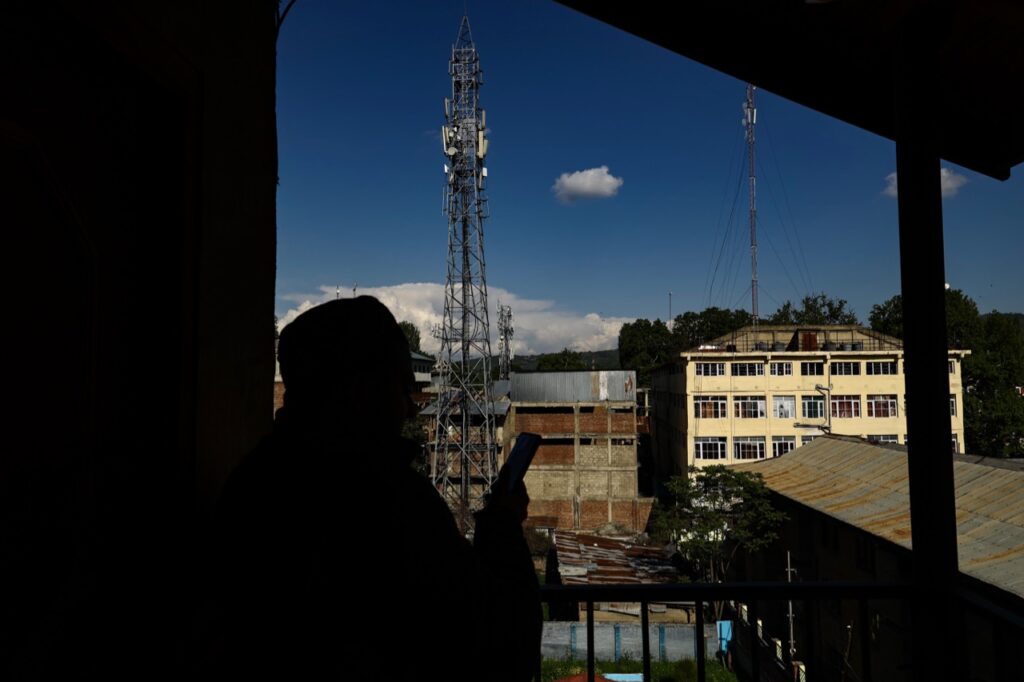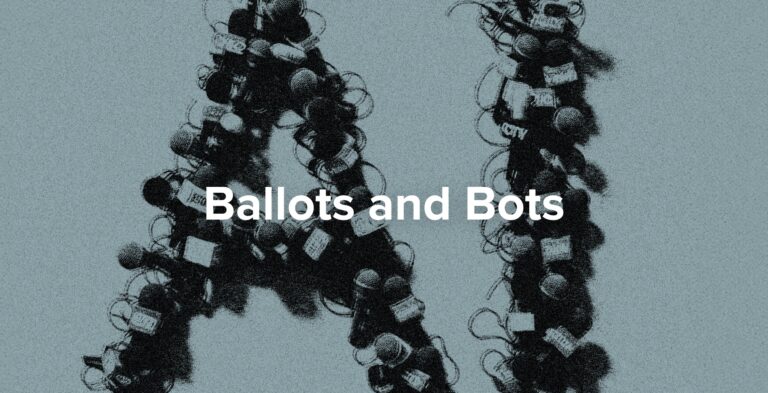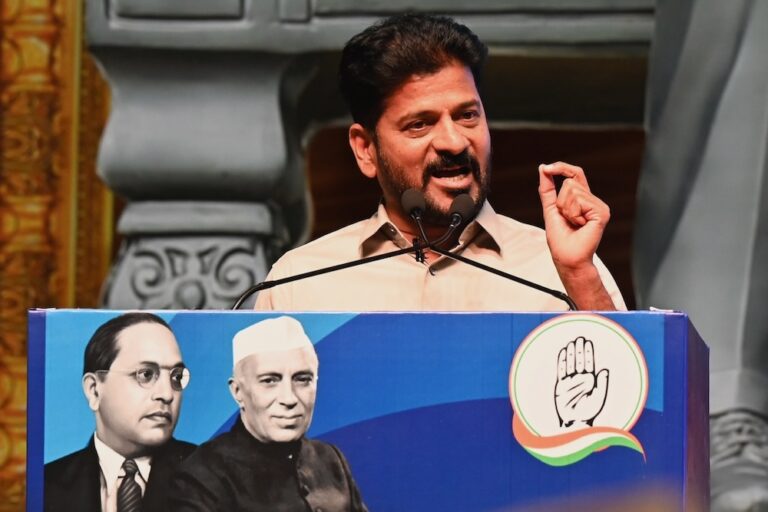SFLC.in said that the order for blocking the applications places unreasonable restrictions on the exercise of freedom of speech and expression.
This statement was originally published on sflc.in on 15 May 2023.
In the first week of May, it was widely reported that 14 applications were banned in India. These applications were blocked under Section 69A of the Information Technology Act, 2000, on grounds of being allegedly used for communication between bad actors in the region of Jammu and Kashmir. In the list of blocked applications were 2 widely- used FOSS applications, namely ‘Element’ and ‘Briar’ that software developers, technologists, innovators and entrepreneurs utilise on a daily basis. The use of such FOSS applications enabled several benefits like enhanced interoperability, reduced costs, vendor independence, greater localization and developing local growth of the IT sector in India. The order for blocking the applications places unreasonable restrictions on the exercise of Freedom of Speech and Expression, and Freedom to Carry Out Trade and Business, as guaranteed under the Constitution of India. The order has also not been made public, and as such suffers from the vice of gross violation of the Principles of Natural Justice insofar as no notice has been served to the Petitioners, nor has any opportunity of hearing granted till date, as mandated under the relevant rules, i.e., Blocking Rules, 2009. A petition has been filed by aggrieved users belonging to the Free Software Community of India in High Court of Kerala to publish the order as well as quash it. The petition also challenges Rule 16 of the Blocking Rules, 2009. SFLC.in through its counsels Prasanth Sugathan, Mishi Choudhary, Arjun D’Souza and Radhika Jhalani are assisting the petitioners in this case.
The broad grounds under which the ban has been challenged are –
- The impugned order has been passed without any notice and intimation to the concerned parties.
- The impugned order violates Freedom of Speech and Expression and Right to Free Trade and Profession.
- Rule 16 of the Blocking Rules, 2009 does not leave any opportunity for the aggrieved party to seek redressal from a judicial authority.
The prayers that have been relied on for relief are –
- A direction for the appropriate authorities to produce a copy of the order which sanctions the blocking.
- To quash the order to the extent that Element and Briar are unblocked and the ban is lifted.
- To set aside Rule 16 of the Blocking Rules, 2009.
The matter came up before the Kerala High Court on Tuesday, 16th May 2023. The Kerala High Court issued notice to the respondents through the Deputy Solicitor General of India on a challenge to the blocking of Element and Briar applications. The applications, which are Free and Open Source in nature, were blocked by the Central Government under Section 69A, IT Act, 2000 and Blocking Rules, 2009.
The court directed the respondents to get instructions and posted the matter to 29th May 2023
SFLC.in has published a report highlighting the website regime in India. The report can be found here.



